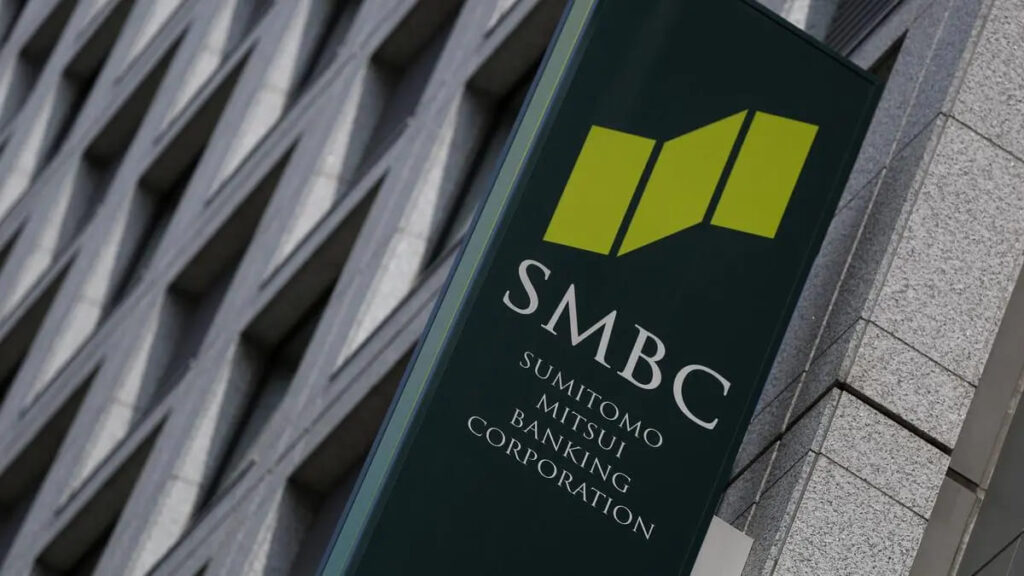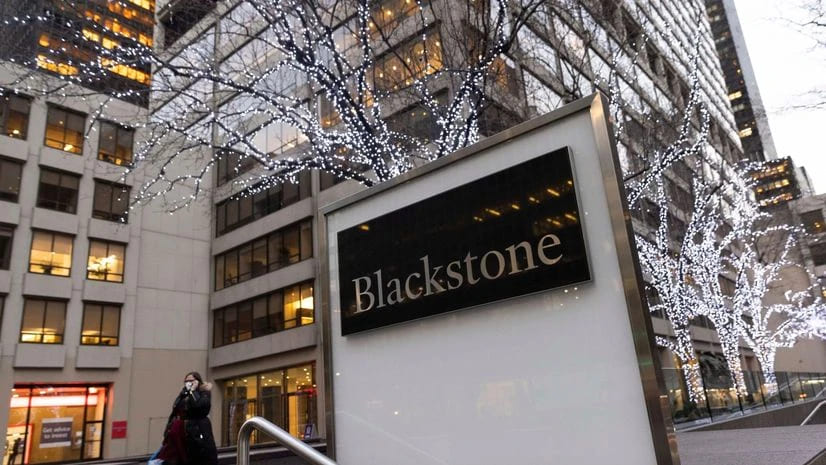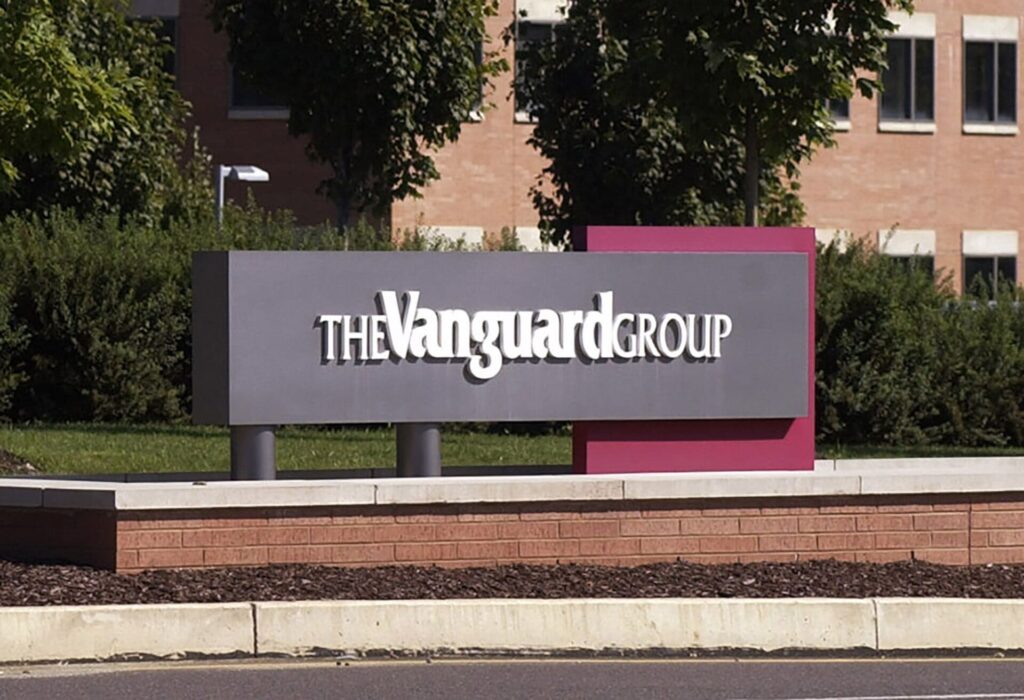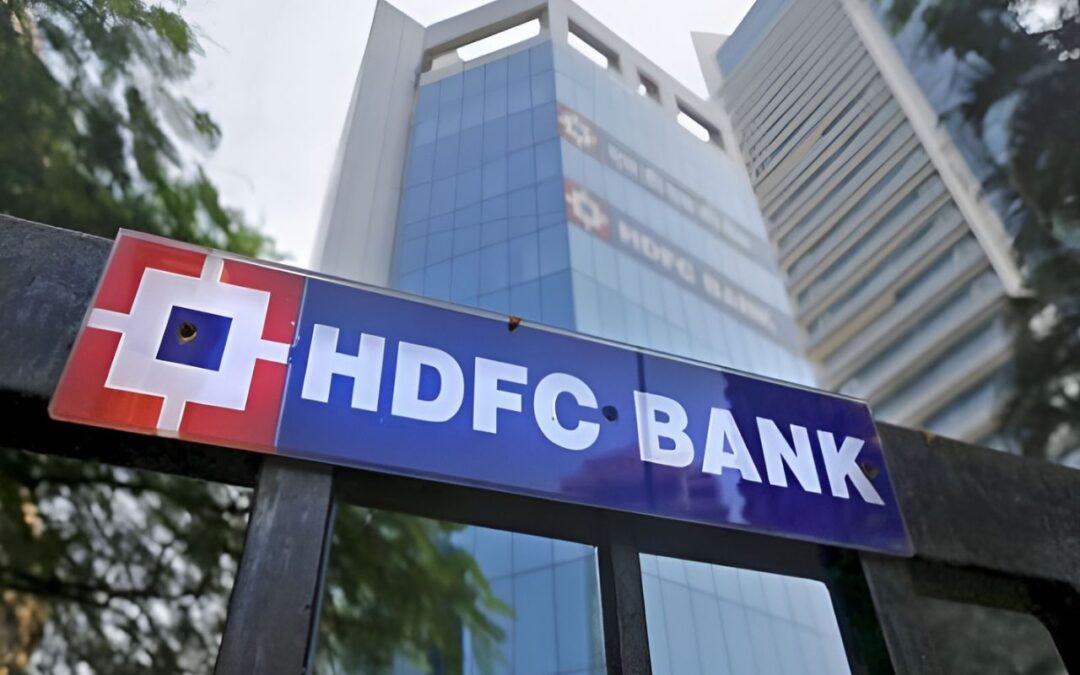Synopsis – A lot of global investors have recently increased their stakes and made significant new investments in leading Indian banks, reflecting strong global confidence in India’s economic growth and stable financial sector.
Foreign investment into Indian banks reached record levels in 2025 driven by capital needs, regulatory benevolence, and India’s growth opportunity in banking. Read to learn about the important transactions from the year, large domestic and international institutional investors, implicated banks and the sectoral impact.
Background to the Flow of Foreign Investment in Indian Banks
- The Reserve Bank of India (RBI) is currently reviewing existing foreign ownership rules, weighing options to raise the caps for foreign lenders and investors in Indian banks from 20% up to 49% (for public sector banks) and up to 74% (for private banks). The RBI will no doubt be looking to balance the need for foreign capital as a means to grow the banking sector, amidst a landscape of high inflation.
- India’s resilient banking sector, combined with the RBI’s campaign for the digitization of banking, is a pull for long-term capital from global investors. The total value foreign investment into banks in 2025 is close to $15 billion from nearly 20 foreign investment transactions – a substantial increase of 127% YoY.
- FDI into FDI institutional and global banks see the Indian banking ecosystem as a bet based on structural reform, credit growth and financial inclusion.
Major Foreign Investor Deals with Indian Banks
1. Emirates NBD Bank – RBL Bank

- Foreign Investor: Emirates NBD Bank PJSC (Dubai, UAE)
- Bank: RBL Bank
- Percentage/Amount: Emirates NBD Bank has purchased control of 60%, which puts a price tag of around $3 billion (~₹26,800 crore.).
- Deal Type: Majority stake acquisition through an open offer and the market.
- Reason: Emirates NBD is moving into India’s rapidly growing retail banking space, being able to take some existing networks of RBL Bank as well as its digital capabilities to position for long-term growth.
2. Sumitomo Mitsui Banking Corporation (SMBC) – Yes Bank

- Foreign Investor: Sumitomo Mitsui Banking Corporation (Japan)
- Bank: Yes Bank
- Percentage/Amount: Purchase of a 24.99% stake in Yes Bank, approx. $1.6 billion (in initial tranche).
- Deal Type: Preferential allotment and secondary market.
- Reason: To enter the Indian banking sector strategically, focusing on the growing retail and corporate lending market, while also investing in Yes Bank on its post-restructuring journey.
3. Blackstone – Federal Bank

- Foreign Investor: Blackstone Group (USA)
- Bank: Federal Bank
- Percentage/Amount: Purchase of 9.99% stake via preferential allotment; price of ₹6,196 crore.
- Deal Type: Subscription to an institutional allotment of shares.
- Reason: Blackstone views Federal Bank as a partner for growth in the digital banking and MSME segment, while remaining minority long-term strategic investors, with a focus on some governance.
4. Abu Dhabi International Holding Company – Sammaan Capital

- Foreign Investor: International Holding Company based in Abu Dhabi
- Bank: Sammaan Capital (Non-Banking Financial Corporation)
- Percentage/Amount: $1 billion investment
- Deal Type: Equity stake investment into Non-Banking Financial Corporation
- Reason: Aimed at expansion into the Indian retail and MSME credit sector with a demand for growth in household finance.
Also read: 7 Strong Reasons Why India Remains a Global Investment Hotspot in 2025
5. International Investors – IDFC First Bank Ltd

- Foreign investors: Several FPI and institutional investors including New York Life, GIC Singapore
- Bank: IDFC First Bank
- Percentage/Amount: Total stake will increase to over 10-12% through various tranches in 2025
- Deal Type: Secondary market purchase and preferential issues
- Reason: Support for the bank’s retail and digital growth plans as the quality of assets improves.
6. Global Institutional Investors – HDFC Bank Ltd

- Foreign investors: Varied global institutional investors including BlackRock, Vanguard, and sovereign wealth funds etc.
- Bank: HDFC Bank
- Percentage/Amount: Incremental stake under 10% per investor, however, purchases continue in the secondary market
- Deal Type: Portfolio investment by FIIs/FPIs
- Reason: India’s biggest private bank is favored by global investors for consistent growth and dividends.
What These Deals Say
- The transaction characteristics often entail recapitalisation of Indian banks through strategic tie-ups, as well as, importantly, allocation of board seats for better governance and influence.
- Regulatory tailwinds of which foreign strategic investors parties can take comfort include potential consideration of the Reserve Bank of India to increase foreign shareholding limits from 20% to 26%, and perhaps see this rise to as much as 49% in otherwise public sector banks.
- These developments include heightened presence amongst foreign institutional investors in public sector banks suggesting levels of foreign confidence are lifting.
- These developments are consistent with broader themes within the banking industry: innovation in digital banking and functional banking processes, deposit mobilization, financial inclusion of unmet segments of the population, as well as upgrades to banking technology in light of the competitive advantage these mobile innovations show.
Conclusion
Recent major transactions validate worldwide confidence in the Indian financial services sector and promise a vibrant, technologically-empowered and well-capitalized future for Indian banking, balanced with prudent governance and a reasonable regulatory environment.
Written By Rachna Rajput



